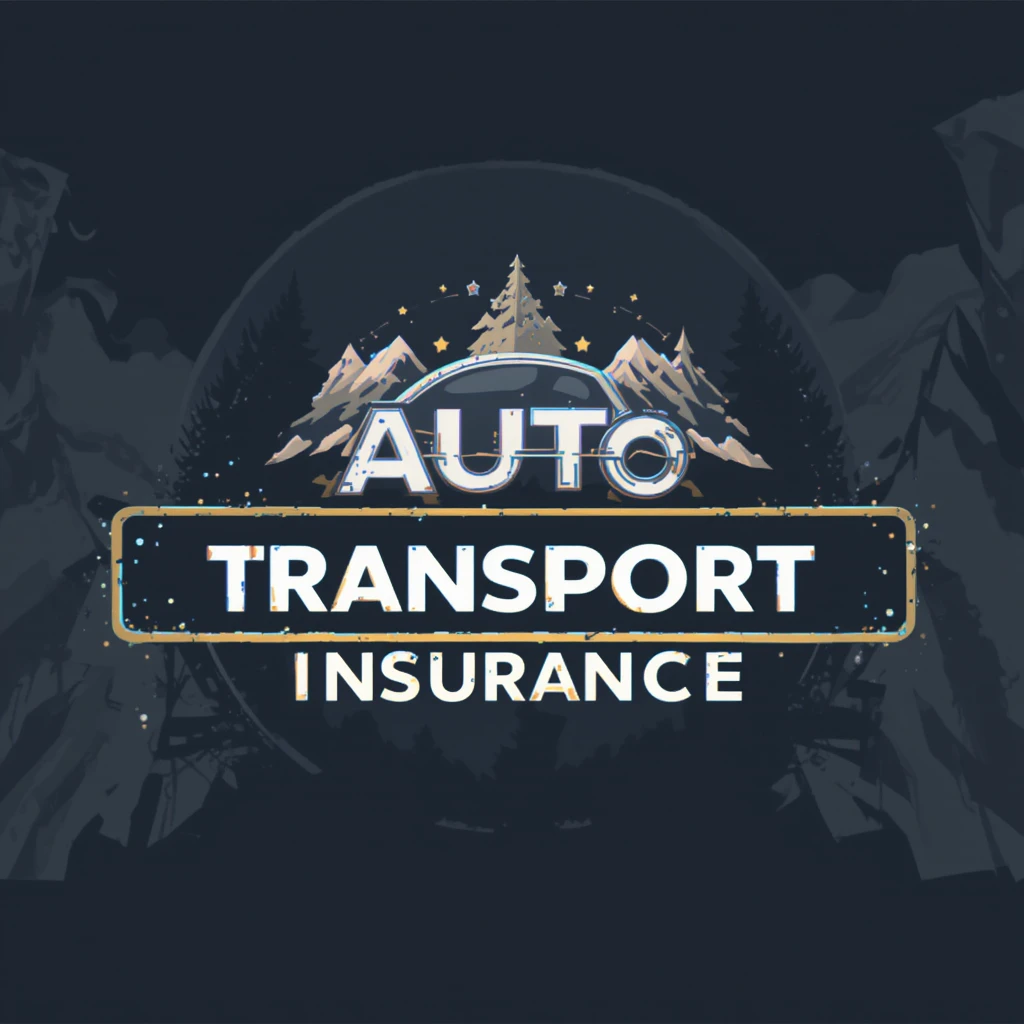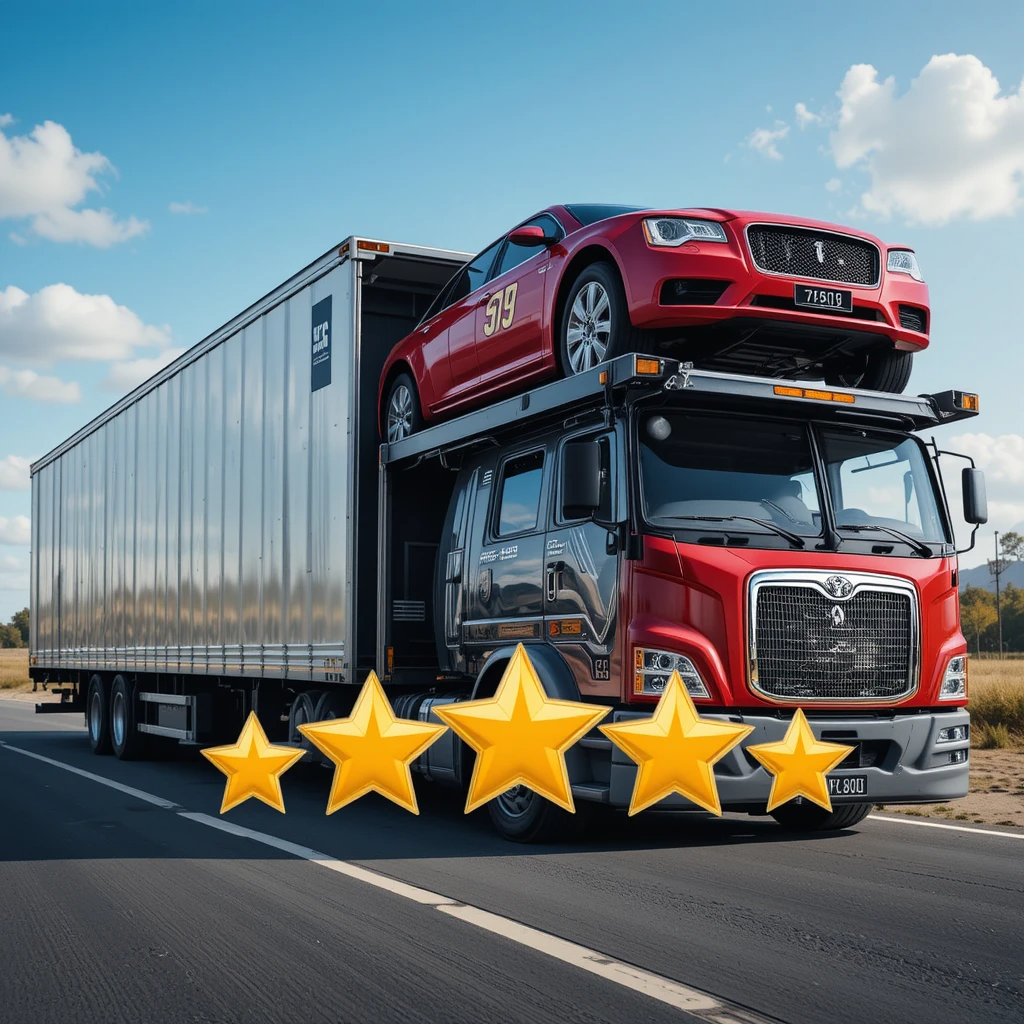Shipping your vehicle can feel overwhelming, but one thing you shouldn’t have to worry about is insurance. Here’s a clear, easy-to-follow guide on how insurance works when transporting your car.
Is insurance included when I ship my vehicle?
Yes, insurance is automatically included in the shipping price.
You should never pay extra for insurance when working with a reputable auto transport company. All professional carriers are legally required to carry primary cargo insurance. This insurance covers your vehicle from the moment it’s picked up to the moment it’s delivered.
What kind of coverage do open and enclosed carriers provide?
Open and enclosed carriers offer different levels of coverage, both with zero deductible.
- Open carriers, which are the most common and affordable option, typically carry primary cargo insurance with coverage between $200,000 and $500,000, depending on the carrier and route.
- Enclosed carriers, which are often used for classic, exotic, or luxury cars, carry up to $1,000,000 in cargo insurance, also with zero deductible.
This insurance protects your vehicle against damage while it’s on the trailer during transport.
Is my personal auto insurance involved?
Your personal insurance is secondary—not primary.
The carrier’s cargo insurance is the main policy that covers your vehicle during shipment. Your own auto insurance only applies if the carrier’s coverage is not enough or doesn’t apply for a rare reason. In almost all cases, the carrier’s policy is more than sufficient.
What is a vehicle inspection and why is it important?
Inspections are required at pickup and delivery—and you should be involved in both.
A key part of ensuring insurance coverage is documenting your car’s condition before and after transport:
- At pickup, the driver performs a thorough inspection and records any existing damage (scratches, dents, etc.) on a form called the Bill of Lading (BOL).
- You, or someone you designate, should be present to review and sign off on this inspection report before the car is loaded.
- At delivery, a second inspection is done. You will again review and sign the BOL to confirm the vehicle was delivered in the same condition.
Do not complete payment until the final inspection is done and you’re satisfied with the vehicle’s condition.
Can I ask for proof of insurance?
Yes, and you absolutely should if you want peace of mind.
Any professional auto transport company should be able to provide a Certificate of Insurance (COI) upon request. This certificate will show:
- The carrier’s insurance provider
- Policy number
- Coverage limits
- Effective dates
Asking for the COI ahead of time is a great way to ensure the company is properly insured and legitimate.
What if something happens to my car during transport?
If damage occurs, the carrier’s insurance will cover the cost of repairs.
That’s the purpose of the insurance included in your transport. As long as the damage is documented in the inspection and occurred during shipping, the carrier’s insurance will handle the claim. This is why the inspection process is so important.
Summary: What You Need to Know
- ✅ Insurance is always included—you should never pay extra.
- ✅ Open carriers carry $200K–$500K coverage; enclosed carriers offer up to $1M.
- ✅ Zero deductible—you don’t pay anything out-of-pocket if a claim is filed.
- ✅ Your personal insurance is secondary—carrier’s insurance is primary.
- ✅ Inspections must be done at both pickup and delivery—you sign off both times.
- ✅ You can request a certificate of insurance anytime before pickup.
Have questions or want to book a secure shipment?
Contact us today for a free quote, and let’s get your vehicle moved safely, professionally, and fully insured.
📞 Call Us Today! 866-881-0480




